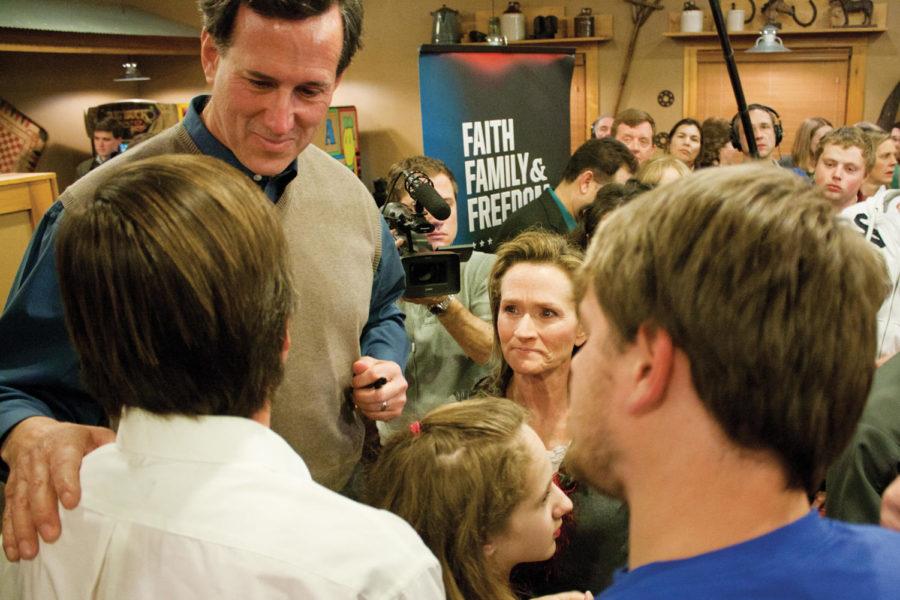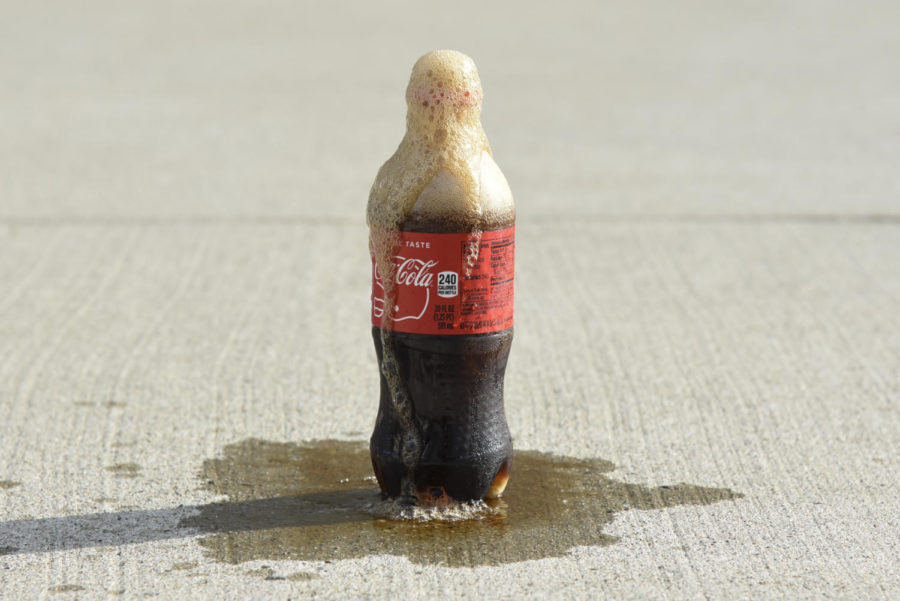Time remains for candidates to take lead before Iowa caucuses
December 1, 2019
In past election years, candidates who surged ahead early in pre-caucus polls did not end up finishing first caucus night.
Since 2000, only three candidates who were polling ahead in November won their party’s caucus: Hillary Clinton, Barack Obama and Mike Huckabee.
On caucus night during the 2004 election, polling showed a close three-way race between Dick Gephardt, Howard Dean and John Kerry.
Gephardt took the lead early in the race but lost momentum the closer it got to caucus night, staying between 18 and 27 percent. In November, Dean surged in polling to 29 percent and stayed hot until the last two weeks, before Kerry won easily on caucus night after taking a slight lead just days before the caucuses.
Several candidates have won on caucus night that did not have a lead in November.
Ted Cruz was in third place in October 2015, but won on caucus night in February 2016 with 27 percent support. John Kerry was in third in November 2003, but won on caucus night in January 2004 with 37 percent support on caucus night. Rick Santorum was tied for sixth in November 2011, but won on caucus night in January 2012 with 24 percent support.
Mayor Pete Buttigieg has surged 26 percent in Iowa polls, according to a recent poll overseen by Iowa State professor of political science Dave Peterson.
Behind Buttigieg is Sen. Elizabeth Warren at 19 percent, former Vice President Joe Biden at 12 percent and Sen. Bernie Sanders at 18 percent.
“Buttigieg has been picking up supporters who were unsure or were not planning on caucusing,” Peterson said. “Buttigieg has gained a lot of Iowans who had supported other candidates; he gained a lot of Biden and Warren supporters.”
Factors that can determine who will win caucus night are the retail nature in politics and voters who are undecided and switching candidates, said Mack Shelley, Iowa State professor and chair of the political science department.
Campaign organization and volunteering is crucial for candidates to keep up momentum from November through February, as is smooth campaigning on the part of the candidate.
“There is a lot of time until [caucus night] for something major to blow up or for someone to make a stupid statement or be unable to handle a media attack,” Shelley said.
Since the Iowa caucuses began in 1972, only one candidate in either party has gone on to win their party’s nomination without placing in the top three on caucus night in Iowa. The lone exception was in 2008 when John McCain placed fourth in Iowa and won the Republican nomination. This is why presidential candidates live by the catchphrase of “three tickets out of Iowa.”







